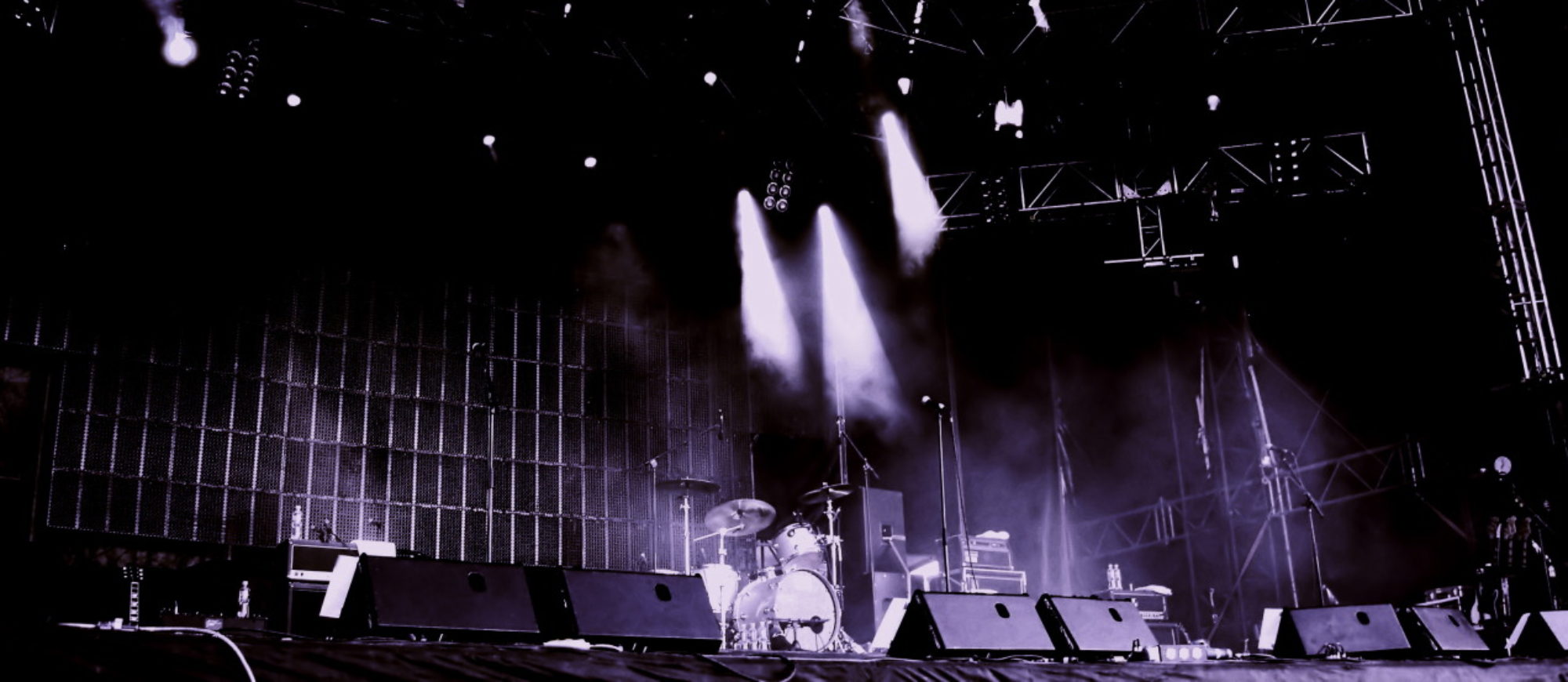The 18 Factors of Singing Performance Mastery
- State of mind
- Vision of music, yourself, and others
- Goal for singing
- Purpose for singing
- Plan of action
- System(s) to measure progress
- Physical health
- Musicianship
- Vocal technique
- Artistic imagination (Creativity)
- Objectivity
- Perseverance
- Talent
- Ability to work well with others
- Appearance
- Charisma
- Showmanship
- Communication acumen
Your 18 factors of singing performance mastery are each at a specific level or stage of development. The greatest and most successful singers have developed most of these components to a very high level. Some components will quickly make or break a career: state of mind, physical health, musicianship, and vocal technique.
You may not need nearly as much artistic imagination to sing in a group as you do to sing solo. The components are not equally weighted but all have a bearing on what you have loved about your own personal singing idols.
Two components are vast subjects unto themselves and must be very highly developed for a professional recording artist/performer or a professional stage performer. Those are vocal technique and musicianship. Simply put, if you have bad vocal technique you will sound bad–to yourself and to others. You will struggle with endurance, power, tone quality, articulation, dynamics, and much more.
If your musicianship is bad, you will sing out of tune or “pitchy”, as some call it. Your intervals will be off, you will not be in tune with your accompaniment or other singers, you will not be able to sing and remain in a key (forget acapella) and you will be very limited with opportunities for performance. You also will have issues with timing, rhythm, and won’t fit in stylistically with the music you sing. No one likes critics but bad vocal technique and/or bad musicianship will make you fodder for critics and they will chew you up and spit you out.
All you have to do to get better is to start. We will begin with developing or improving vocal technique by warming up and getting used to some intervals. There is more than a single purpose for warm-ups and exercises. They address technique and musicianship.
